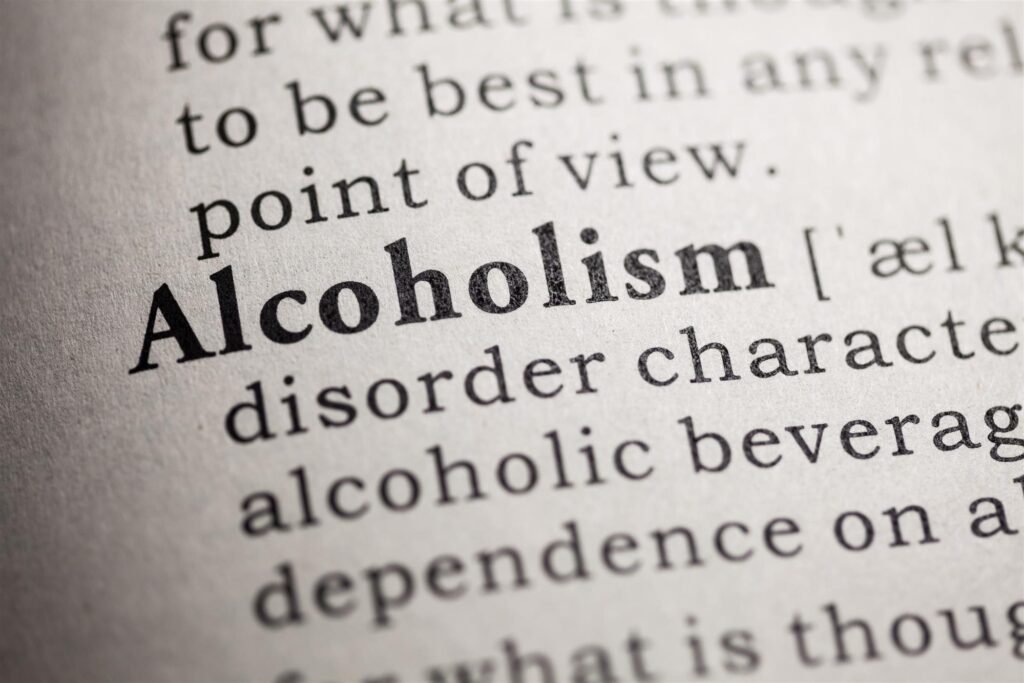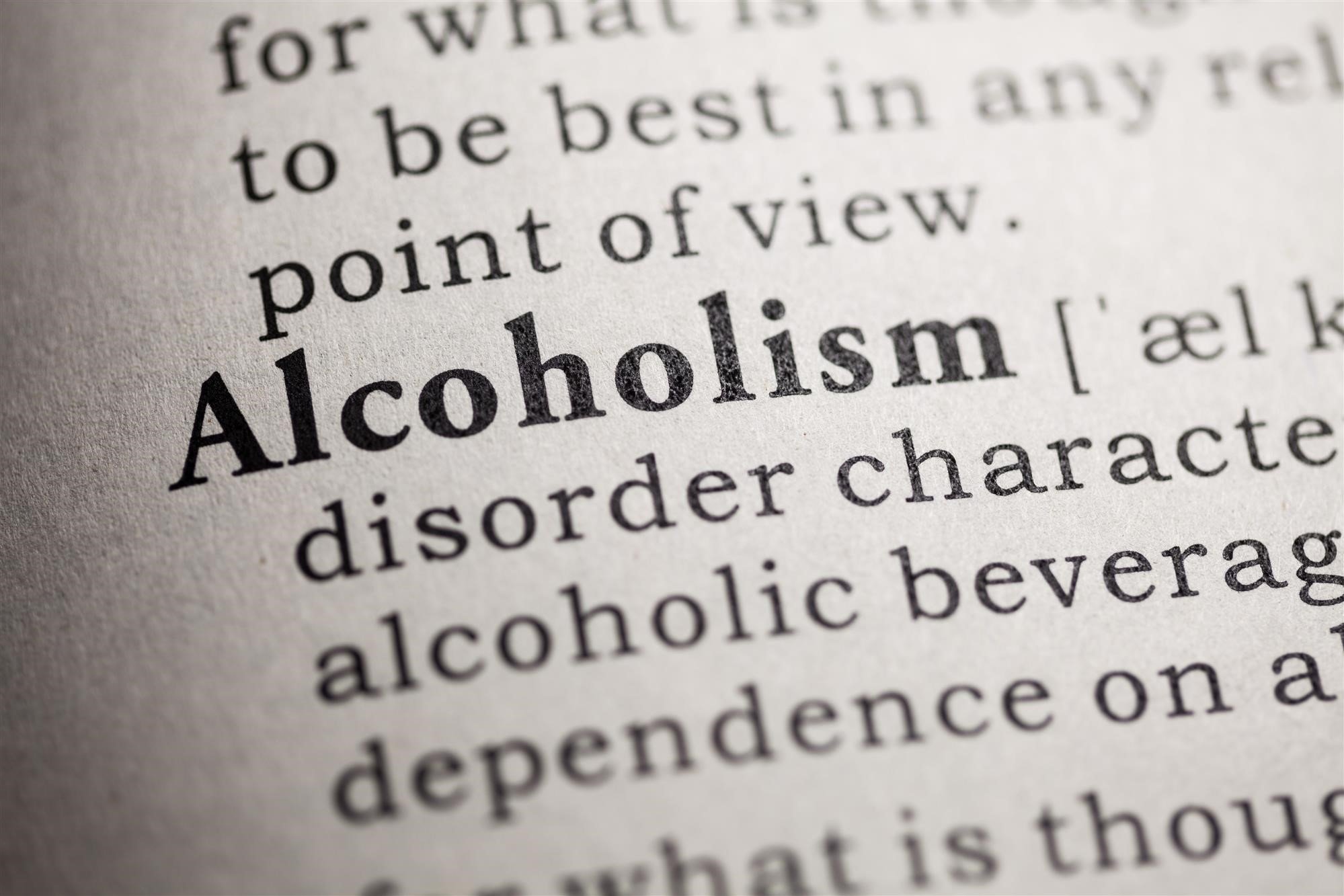
Alcoholism is a Disease: Exploring the Truth Through Powerful Quotes
The debate surrounding alcoholism often centers on moral failings and a lack of willpower. However, the scientific and medical communities overwhelmingly recognize that alcoholism is a disease. This article delves into the reality of this complex condition, using powerful quotes to illuminate its nature, impact, and the path to recovery. Understanding that alcoholism is a disease is the crucial first step in dismantling stigma and fostering empathy for those struggling. This piece will explore the biological, psychological, and social aspects of alcoholism, supported by evidence-based information and insightful quotes from experts, individuals in recovery, and thought leaders.
The Medical Definition of Alcoholism
The American Medical Association (AMA) officially recognized alcoholism as a disease in 1956. This declaration marked a pivotal shift in how the condition was viewed, moving away from the perception of it as a moral failing. The World Health Organization (WHO) also classifies alcohol dependence and harmful alcohol use as diseases. Medically, alcoholism is a disease characterized by a chronic relapsing brain disease marked by compulsive alcohol seeking and use, despite adverse consequences. This means the brain undergoes changes that make it difficult to control alcohol consumption, even when the individual wants to stop.
The National Institute on Alcohol Abuse and Alcoholism (NIAAA) further clarifies that alcoholism involves a combination of genetic, psychological, and environmental factors. This multifaceted approach emphasizes that alcoholism is a disease that doesn’t discriminate. Anyone, regardless of background or social standing, can develop this disease. The scientific understanding has evolved significantly, revealing the complex interplay of neurotransmitters, brain circuits, and genetics that contribute to the development and progression of alcoholism.
Quotes on the Nature of Alcoholism
Quotes offer a unique lens through which to understand the lived experience of those affected by alcoholism. They provide insight into the internal struggles, the societal stigma, and the hope for recovery. Here are some powerful quotes that capture the essence of alcoholism as a disease:
- “Alcoholism is a disease, not a moral failing. It’s a disease that can kill you, but it’s also a disease that can be treated.” – This quote, often attributed to various recovery advocates, underscores the medical reality of the condition and emphasizes the possibility of treatment.
- “I used to think the worst thing in life was to end up all alone. It’s not. The worst thing in life is ending up with people who make you feel all alone.” – Robin Williams. This quote, relevant to addiction, highlights the isolation and despair experienced by many struggling with alcoholism.
- “Alcoholism is a disease, and it’s a disease that can be treated. It’s not a moral failing.” – This statement reiterates the scientific consensus on the nature of the disease.
- “The best way out is always through.” – Robert Frost. This quote, though not directly about alcoholism, applies to the journey of recovery, emphasizing the necessity of facing the challenges head-on.
The Impact of Alcoholism
The impact of alcoholism as a disease extends far beyond the individual. It affects families, communities, and society as a whole. The physical health consequences are devastating, including liver disease, heart problems, certain cancers, and brain damage. Mental health issues frequently co-occur with alcoholism, creating a complex web of challenges. Depression, anxiety, and other psychiatric disorders can both contribute to and result from alcohol abuse. The disease also has profound social and economic consequences, including job loss, relationship breakdowns, and increased healthcare costs.
Understanding the impact is crucial to developing effective prevention and treatment strategies. Recognizing the complex interplay of factors that contribute to alcoholism allows for a more comprehensive approach to care. This involves not only medical treatment but also psychological support, family therapy, and social interventions.
Treatment and Recovery from Alcoholism
The good news is that alcoholism is a disease that is treatable. Recovery is possible, and millions of people are living fulfilling lives in long-term sobriety. Treatment typically involves a combination of approaches, including:
- Medical Detoxification: This is often the first step, involving medically supervised withdrawal from alcohol to manage potentially dangerous withdrawal symptoms.
- Therapy: Various forms of therapy, such as cognitive-behavioral therapy (CBT) and dialectical behavior therapy (DBT), are used to address the underlying causes of alcohol abuse and develop coping mechanisms.
- Medication: Medications like naltrexone, acamprosate, and disulfiram can help reduce cravings, block the effects of alcohol, or make drinking unpleasant.
- Support Groups: Programs like Alcoholics Anonymous (AA) and other support groups provide a community of individuals in recovery, offering peer support and guidance.
- Relapse Prevention: Developing strategies to manage triggers, cravings, and high-risk situations is essential for maintaining long-term sobriety.
The Importance of Seeking Help
One of the most critical aspects of dealing with alcoholism as a disease is seeking professional help. Delaying treatment can worsen the condition and increase the risk of serious health consequences. If you or someone you know is struggling with alcohol, reaching out to a healthcare provider, therapist, or addiction specialist is a crucial first step.
There are numerous resources available, including:
- Healthcare Professionals: Doctors, psychiatrists, and therapists can provide diagnosis, treatment, and support.
- Addiction Treatment Centers: These centers offer inpatient and outpatient programs, providing comprehensive care.
- Support Groups: AA and other support groups offer peer support and guidance.
- Helplines: Helplines provide immediate support and resources.
Seeking help is a sign of strength, not weakness. It’s a commitment to taking control of your life and moving toward recovery.
Challenging Stigma and Promoting Understanding
One of the biggest barriers to recovery is the stigma surrounding alcoholism as a disease. Misconceptions and judgments can prevent individuals from seeking help and create a sense of shame and isolation. It’s essential to challenge these misconceptions and promote understanding. Education, open dialogue, and empathy are crucial in dismantling stigma. By recognizing alcoholism as a medical condition, we can create a more supportive environment for those struggling and encourage them to seek the help they need.
Changing public perception is an ongoing process that requires collective effort. This includes:
- Educating the Public: Sharing accurate information about alcoholism.
- Promoting Compassion: Treating those with alcoholism with empathy and respect.
- Advocating for Policy Changes: Supporting policies that improve access to treatment and reduce stigma.
The Role of Quotes in Recovery and Advocacy
Quotes about alcoholism as a disease provide powerful tools for both those struggling with the condition and those advocating for change. They can offer: inspiration, validation, and guidance. They can help individuals feel less alone and more motivated to seek help. They can also provide a voice for the voiceless, helping to raise awareness and challenge misconceptions. Sharing these quotes in support groups, on social media, or in educational materials can be a powerful way to advocate for change and promote understanding.
Conclusion: Embracing the Truth About Alcoholism
In conclusion, alcoholism is a disease, and recognizing this truth is the foundation for effective treatment, recovery, and societal change. The quotes presented in this article highlight the struggles, the impact, and the hope associated with this complex condition. By understanding the medical, psychological, and social aspects of alcoholism, we can work together to dismantle stigma, provide support, and create a world where recovery is not only possible but also accessible to all. Remember, help is available, and recovery is within reach. The journey may be challenging, but the destination – a life of sobriety, health, and fulfillment – is worth the effort.
[See also: Related Article Titles]


